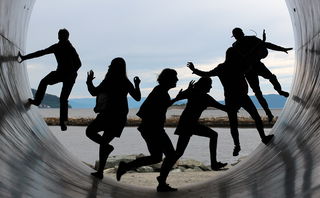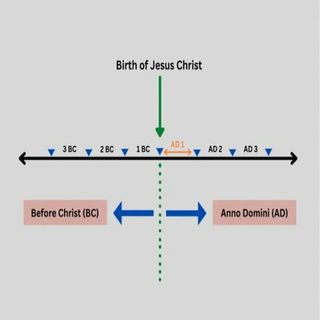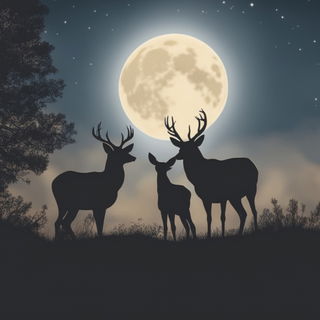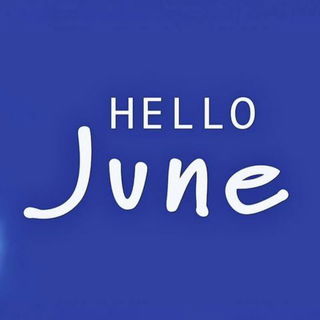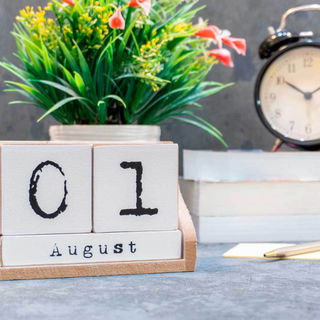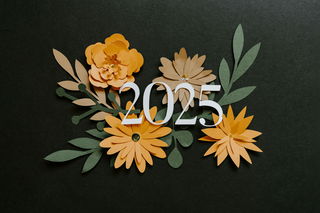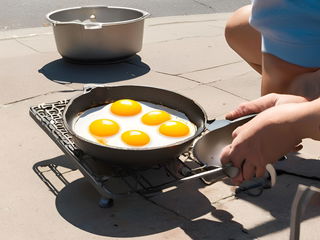- Calendar
- Calendar 2026
- July
- Holiday Canada Day
Canada Day
Holiday
Canada Day is celebrated on July 1, marking the moment in history when Canada became an independent nation. It is a public statutory holiday observed by all provincial governments.
When July 1 falls on a Sunday, Canada Day is celebrated on the following Monday, July 2. Most businesses are closed for the day, and many people celebrate with family and friends at parties, firework displays, or picnics.
Canada Day was formerly known as Dominion Day, and it is also the national day of Canada. This holiday celebrates the anniversary of Canadian Confederation on July 1, 1867, when the United Canada's, Nova Scotia, and New Brunswick colonies were merged under the British North America Act to form a unified dominion known as Canada inside the British Empire.
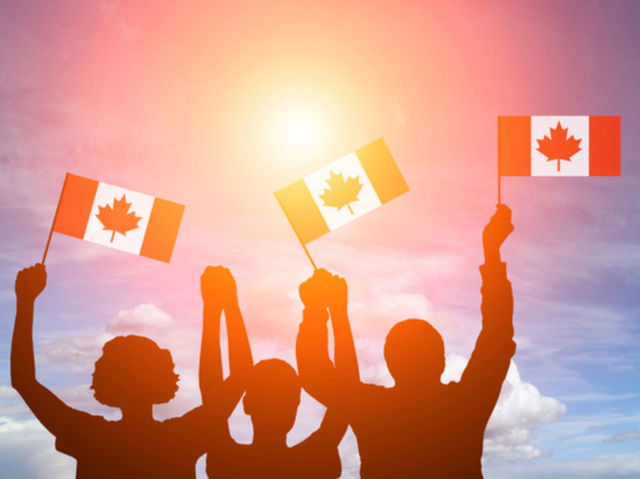
History
The Dominion of Canada
The British North America Act also constituted the first Canadian federal government, which was a huge leap towards independence. However, Canada remained partially dependent on the British Empire. The act, for example, had no provision in it for foreign policy. On international affairs, Canada remained greatly dependent on Britain.
The day was celebrated all over the new 'Dominion of Canada' with picnics, military parades and rifle salutes. At the time, it was informally referred to as Dominion Day.
In 1879, over a decade later, Dominion Day was approved by Parliament and became an official holiday. Public opinion was divided on the creation of Dominion Day.
Many people considered themselves to be British and did not wish to celebrate the increasing separation from the British Empire.
Celebrating a century of Independence
In 1967 large celebrations were held throughout the country on the centenary of the creation of The Dominion of Canada. The Centennial Flame monument was erected on Parliament Hill and lit for the first time by the then Prime Minister Lester B. Pearson.
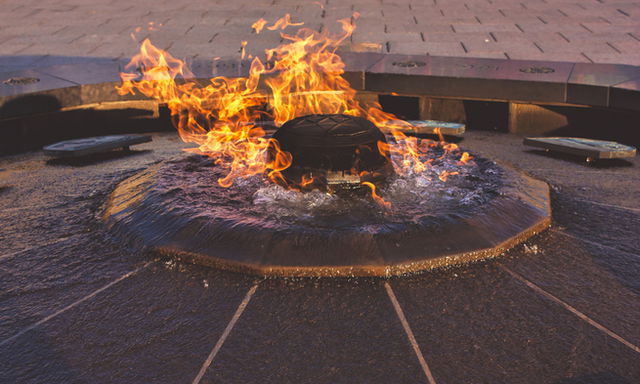
It was lit on December 31, 1966, to see in the new centenary year, and to begin the year-long celebrations. Despite the monument being planned as a temporary exhibition, it was loved so much by Canadians that the Government decided to keep it permanently on show. On lighting, it Lester B. Pearson said:
It is my hope and belief that we continue to work out Canada's destiny, our national spirit and our national purpose will shine - as this Centennial Flame now shines before us here - humbly but strongly before all the world as an example of what men and women working together can do to build the good society
O Canada
On July 1, 1980 'O Canada' became the official national anthem, this was written into law that year in the National Anthem Act. This Act also put the words and melody of the song into the public domain, so all Canadians could have the freedom to perform and record it. The song had actually been written 100 years earlier by the French-Canadian composer Calixa Lavallée, and it was already unofficially recognized by many as their national anthem.
Dominion Day becomes Canada Day
The change from Dominion Day to Canada Day occurred in 1982. It was in this year that the UK Government wrote The Canada Act into law, this ended the UK's right to legislate on Canada's behalf. The Canada Act also enacted The Canadian Charter of Rights and Freedoms. This increased independence led to enthusiasm for a change in names among Canadian citizens and so in Canadian Parliament the 'Act to Amend the Holidays Act' was passed which officially changed the name of the holiday to Canada Day.
A time to party
Canada Day is one long party with official and unofficial events and celebrations all over the country. Common things to do include having picnics, BBQ's, attending firework displays, watching parades, and attending concerts.
There is an official timetable of events which include a daytime party and an evening show. Across both events, there are famous Canadian singers and musicians performing for large crowds.
The events have attracted famous people from all over the world including numerous members of the UK's royal family such as Queen Elizabeth, Prince Charles and Princess Diana, The Queen Mother as well as The Duke and Duchess of Cambridge.
One of the most exciting moments of the day is the ceremony and party which has taken place on Parliament Hill for over 50 years (Due to COVID-19 and construction work, it took place in Le Breton Flats in 2022). The National Anthem and God Save The Queen are both sung at the Ceremony.
The Honourable Pascale St-Onge, Minister of Canadian Heritage, announced the party plan for Canada Day, 2024 on May 31, in Ottawa. On July 1, a grand celebration and festivities would take place in Canada's Capital Region.
The ceremony also highlights the main events of the past year, sports achievements and national success stories. There are usually speeches by the Prime Minister and other important figures in Canadian society, such as the Governor General.
Canada Day is a chance for Canadians to celebrate their country and it's achievements, and to see how far we have come as a nation. It's a great time to be a Canadian!
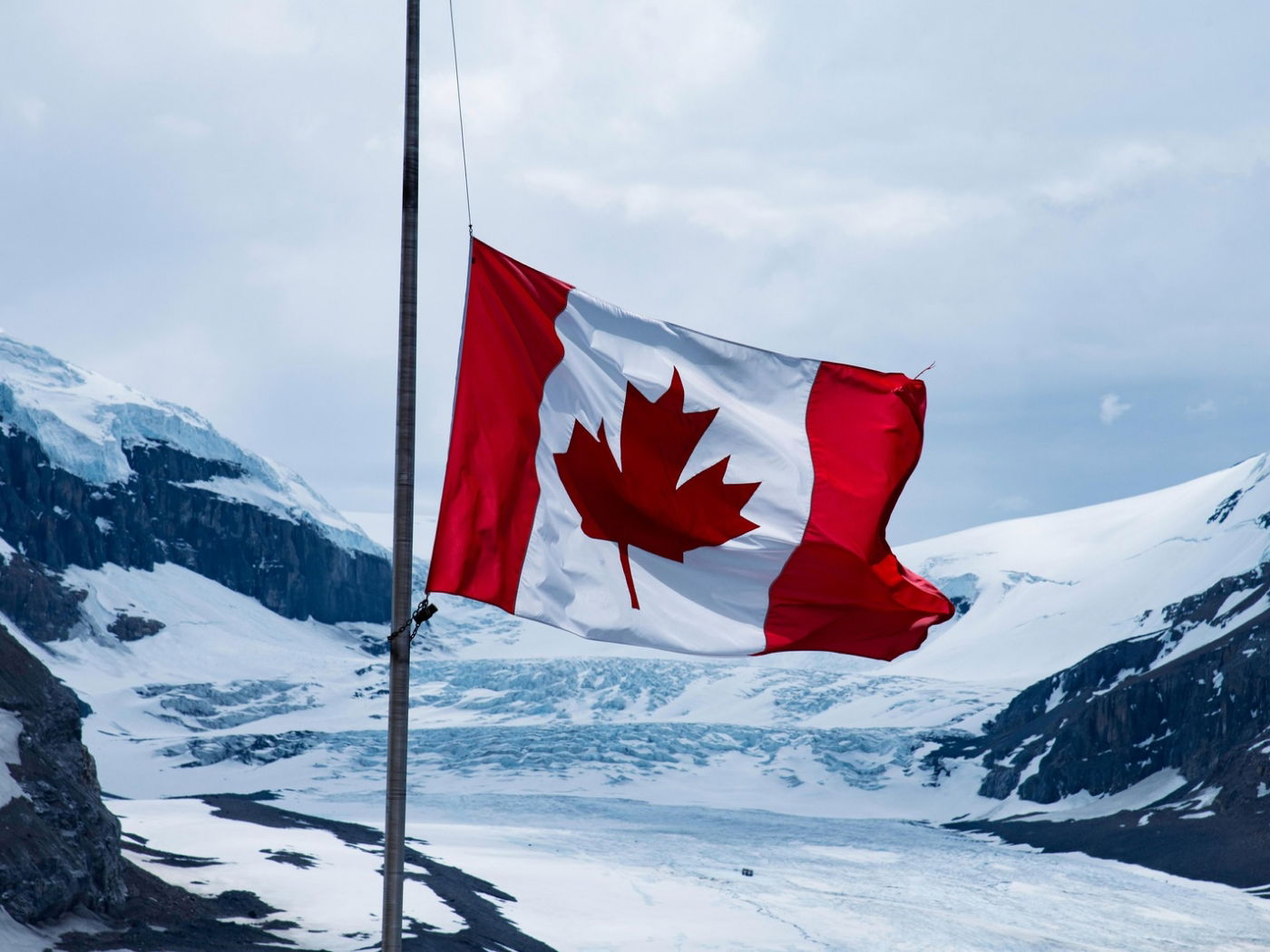
Other Celebrations
-
Feb 15 SatCanada's Agriculture Day
-
Apr 28 Mon
-
Sep 23 Tue
-
Sep 30 Tue
-
Oct 13 MonThanksgiving Day Holiday
-
Nov 11 Tue

Canada Day - Next years
Thursday, 01 July 2027
Saturday, 01 July 2028
Sunday, 01 July 2029


